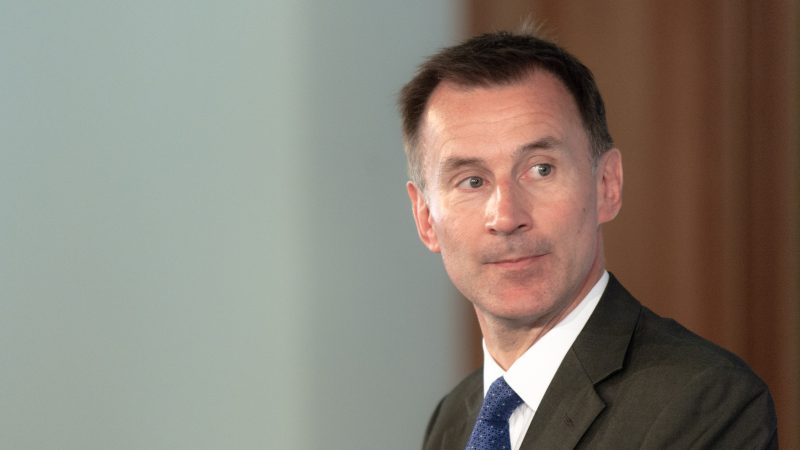
Jeremy Hunt will make an emergency statement to parliament today. In an attempt to smooth the economic turmoil, the new Chancellor is expected to set out further U-turns on the unfunded tax cuts announced in the ‘mini-Budget’ last month – marking yet more rapid-fire changes to the central ‘growth plan’ at the heart of Trussenomics. The move shows an incredible level of panic in government; Kwasi Kwarteng initially promised, when making his now infamous fiscal statement, that he would bring forward this “medium-term fiscal plan” next year. This was hastily brought forward to November before the now ex-Chancellor said he would make the statement at the end of October. This morning, however, the Treasury confirmed that Hunt would be “bringing forward measures from the medium-term fiscal plan that will support fiscal sustainability”.
With the government looking ever more unstable, Labour is preparing to get to work. According to The Times, the party has arranged training sessions for frontbenchers on how to be in power. (They were actually organised before the infamous mini-Budget and the departure of Kwarteng.) This is not an entirely surprising move – given that just two shadow cabinet members have experience as a Secretary of State and four as junior ministers. The 90-minute sesh includes training on the role of cabinet ministers, the transition into government, and scrutiny and spending.
As the prospect of Truss losing her position becomes more real, eyes are naturally turning to Labour. Jonathan Reynolds refused to say on Sunday whether Labour in government would implement spending cuts. The Shadow Business Secretary also would not commit to reducing the basic rate of income tax to 19%, a policy that Keir Starmer had initially backed following the mini-Budget, saying that the Labour leader’s comments came “before the Conservative Party set fire to the British economy”. He told Times Radio that the “overriding lodestar” of the party would be fiscal responsibility and that the commitment not to borrow for day-to-day spending is “absolute”.
Labour’s own internal processes to select its candidates for parliament caused controversy over the weekend when Maurice Mcleod, a Labour councillor in Battersea, was left off the shortlist in the process to decide who will contest the Camberwell and Peckham constituency at the next general election. A number of MPs expressed concern at the decision, reportedly taken because of historic social media activity including liking a tweet by Green Party MP Caroline Lucas, describing the move as “appalling”. The shortlist for the seat, which returned Harriet Harman to parliament with a majority of 33,780 votes in 2019, is Marina Ahmad, Evelyn Akoto, Peter Babudu, Miatta Fahnbulleh, Neeraj Patil and Johnson Situ.
TUC Congress formally kicks off on Tuesday, after having been rescheduled following the death of the Queen. We have plenty of great content lined up for readers this week as the annual fixture gets underway – including a surprise guest author for our morning email tomorrow. Watch this space.
Sign up to LabourList’s morning email for everything Labour, every weekday morning.



More from LabourList
Almost half of Labour members oppose plans to restrict jury trials, poll finds
‘How Labour can finally fix Britain’s 5G problem’
‘The University of the Air – celebrating 60 years of Harold Wilson and Jennie Lee’s vision’